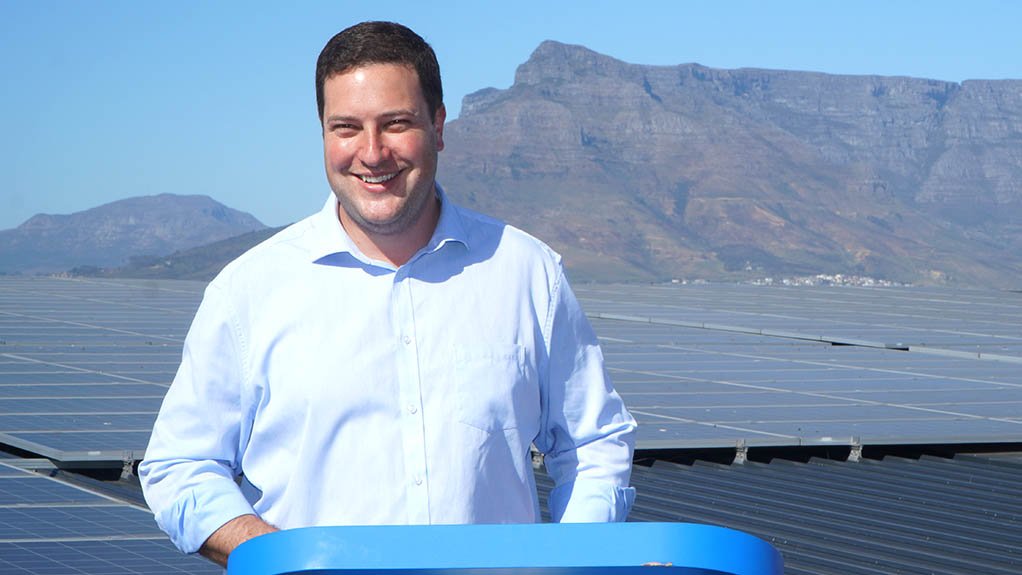As loadshedding becomes the norm, the City of Cape Town is preparing to launch a 500MW tender for dispatchable power in the coming weeks, and it's looking into shorter contracts with producers.
Mayor Geordin Hill-Lewis announced the upcoming tender at the city's first council meeting a few weeks ago. The tender for dispatchable power – which can be turned on and off as and when needed - is technology agnostic. This means the city is open to gas-to-power solutions and battery storage.
The City of Johannesburg late last year also issued a request for proposals from various Independent Power Producers to limit loadshedding. The City of Johannesburg, governed by Mpho Phalatse at the time, is also technology agnostic when it comes to solving the power crisis and said it is open to solar, battery storage, waste-to-energy and gas-to-power.
Hill-Lewis shared more on Cape Town's plans to build energy resilience during an event hosted by investment company Citadel in Cape Town on Wednesday.
Asked about why the city was considering gas, given that similar projects are subject to legal challenges, Hill-Lewis said the technology was dispatchable and cheaper than using diesel. He added that while the city would accept bids for various technologies, it did not mean they would all be successful because they would need to go through an evaluation process.
"I still think the vast majority [of bids] will come from solar, plus storage," he said.
Hill-Lewis said that the reason the tender has not been issued yet is that the city is also working on how long the power purchase agreements (PPAs) should be.
A few years ago, PPAs were around 20 years. But these time frames are shortening as the electricity market evolves. Engagements with renewable energy companies have revealed that they are prepared to enter into five-year agreements, said Hill-Lewis.
"At the moment, renewables companies are telling us they are prepared to accept five-year PPAs," he said. This is because the demand for renewable energy has grown, and companies are not as worried that they won’t have any off-takers once a contract ends.
"There is so much demand out there for the power that they know they can just sell it to someone else," Hill-Lewis said.
The electricity market is changing to include multiple buyers and sellers, a power exchange will also be possible where power can be bought at a spot price, and that will also eliminate the need for a PPA.
Hill-Lewis said that the Council for Scientific and Industrial Research is conducting a study on the city's grid availability. The city decided to go ahead with launching the tender anyway because it does not have to specify which part of the city a project needs to be.
Grid availability is a national problem. Last year government could not award 23 wind projects because of grid constraints.
The City of Cape Town's upcoming tender forms part of a three-phase procurement programme for loadshedding protection, News24 previously reported.
In February last year, the city launched a 200MW tender for renewables, and more tenders will be announced in the coming months.
The city also recently announced it would pay cash to businesses that feed excess electricity back to the grid.
The National Energy Regulator of SA (Nersa) approved a feed-in tariff of 78,98c/kWh. The city is adding 25c/kWh on top of that to encourage investment in embedded generation.
EMAIL THIS ARTICLE SAVE THIS ARTICLE
To subscribe email subscriptions@creamermedia.co.za or click here
To advertise email advertising@creamermedia.co.za or click here











